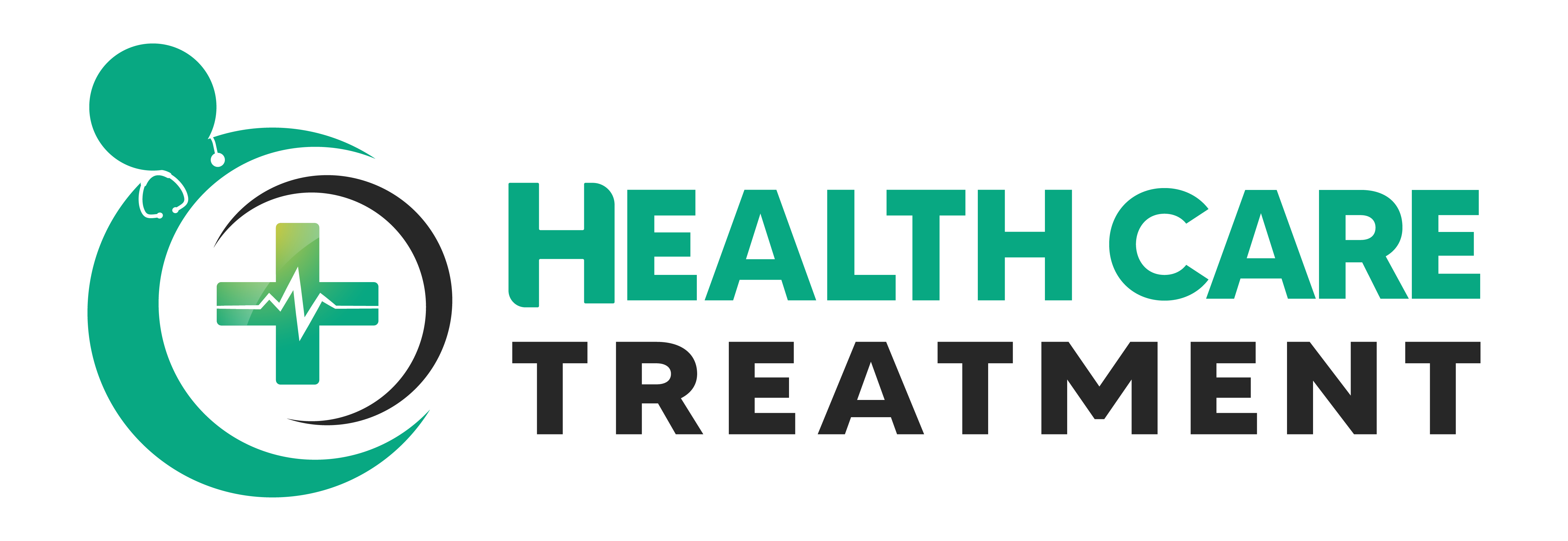Pain management services in Snellville, GA provide essential support and relief for individuals experiencing chronic pain. These services encompass a range of medical treatments, therapies, and interventions designed to alleviate pain, improve quality of life, and enhance overall well-being. In this article, we will explore the various pain management services available in Snellville, GA, and how they can help individuals find relief from their pain.
1. Introduction: Understanding Chronic Pain
Chronic pain is a persistent, long-term condition that affects millions of people worldwide. It can result from various underlying causes such as injury, illness, or certain medical conditions. Chronic pain can significantly impact an individual’s daily life, making even simple tasks challenging and affecting their emotional well-being. Pain management services aim to address these issues and provide relief from chronic pain.
2. The Importance of Pain Management Services
Pain management services in Snellville, GA play a crucial role in improving the quality of life for individuals suffering from chronic pain. These services focus on identifying the source of pain, developing personalized treatment plans, and implementing strategies to alleviate pain and restore functionality. By managing pain effectively, individuals can regain control over their lives and engage in activities they enjoy.
3. Types of Pain Management Services
3.1 Medication-Based Treatments
Medication-based treatments form a common approach in pain management. These may include over-the-counter pain relievers, prescription medications, and topical creams or patches. The specific medication prescribed will depend on the type and severity of the pain. It is essential to work closely with a pain management specialist to ensure safe and effective use of medications.
3.2 Interventional Procedures
Interventional procedures involve minimally invasive techniques to target and treat the source of pain. Examples of such procedures include epidural steroid injections, nerve blocks, and radiofrequency ablation. These procedures are performed under the guidance of imaging techniques to ensure precise delivery of medication or treatment to the affected area.
3.3 Physical Therapy and Rehabilitation
Physical therapy and rehabilitation play a vital role in pain management by improving strength, flexibility, and mobility. These programs are tailored to the individual’s needs and may include exercises, manual therapy, heat or cold therapy, and other modalities. Physical therapists work closely with patients to develop personalized plans that aim to reduce pain and improve overall function.
3.4 Alternative and Complementary Therapies
In addition to conventional treatments, pain management services often incorporate alternative and complementary therapies. These therapies may include acupuncture, massage therapy, chiropractic care, and mindfulness-based techniques such as meditation and yoga. These approaches can provide additional pain relief and help individuals manage their pain more effectively.
4. Finding the Right Pain Management Specialist
Finding the right pain management specialist is crucial for receiving optimal care and support. It is recommended to seek a specialist with expertise in pain management and a comprehensive understanding of various treatment modalities. Researching credentials, reading patient reviews, and consulting with primary care physicians can help in selecting a qualified specialist.
5. Benefits of Pain Management Services
Pain management services offer numerous benefits beyond pain relief. These services can enhance physical functioning, improve emotional well-being, and minimize the impact of chronic pain on daily activities. By addressing pain comprehensively, individuals can experience a better quality of life and engage in meaningful activities with reduced discomfort.
6. How to Prepare for a Pain Management Appointment
Preparing for a pain management appointment involves gathering relevant medical records, documenting symptoms, and preparing a list of questions for the specialist. It is essential to communicate openly about pain experiences, medical history, and previous treatments. This information helps the pain management specialist to assess the individual’s condition accurately and develop an appropriate treatment plan.
7. Common Misconceptions about Pain Management
There are several common misconceptions surrounding pain management. Some individuals may believe that seeking pain management services implies weakness or dependence on medication. However, pain management aims to enhance one’s ability to function and improve overall well-being. It is important to dispel such misconceptions and promote awareness about the benefits of pain management services.
8. Tips for Coping with Chronic Pain
Coping with chronic pain can be challenging, but there are strategies that individuals can adopt to help manage their pain effectively. These include maintaining a healthy lifestyle, practicing relaxation techniques, engaging in activities that bring joy, seeking support from loved ones, and adhering to the recommended pain management plan. By incorporating these tips into daily life, individuals can navigate their pain more successfully.
9. The Role of Mental Health in Pain Management
Mental health plays a significant role in pain management. Chronic pain can lead to emotional distress, anxiety, and depression. Pain management services often integrate mental health support to address these psychological aspects. This may involve counseling, cognitive-behavioral therapy, and stress management techniques to help individuals cope with the emotional impact of chronic pain.
10. Lifestyle Changes to Support Pain Management
Making lifestyle changes can contribute to the effectiveness of pain management services. These changes may include adopting a balanced diet, engaging in regular physical activity, practicing good sleep hygiene, and managing stress levels. These lifestyle modifications can positively impact pain perception and overall well-being, enhancing the outcomes of pain management interventions.
11. Conclusion
Pain management services in Snellville, GA offer valuable support for individuals living with chronic pain. Through a multidisciplinary approach that encompasses various treatments and therapies, these services aim to alleviate pain, enhance functionality, and improve overall quality of life. By seeking the help of qualified pain management specialists, individuals can regain control over their lives and find relief from the burden of chronic pain.

